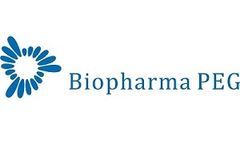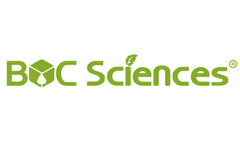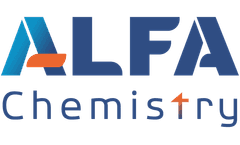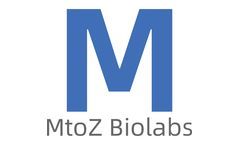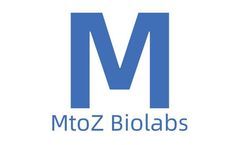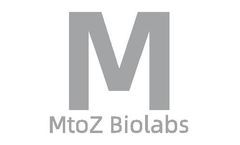Refine by
Drug Conjugates Articles & Analysis
60 articles found
Antibody-drug conjugates (ADCs) combine potent small-molecule drugs with monoclonal antibodies for targeted cancer therapy. A major challenge is loading enough drug onto each antibody without compromising solubility or circulation time. ...
This article explores the mechanisms, benefits, challenges, and future prospects of PEGylation in drug development. Mechanism of PEGylation PEGylation involves the covalent or non-covalent attachment of PEG—a synthetic, hydrophilic polymer—to a drug molecule. The process typically uses reactive PEG derivatives (e.g., methoxy-PEG or ...
Despite these hurdles, biologics continue their rapid growth, with innovations like antibody-drug conjugates and bispecific antibodies expanding treatment possibilities for previously untreatable conditions. ...
Alfa Cytology has officially released its antibody-drug conjugates(ADCs) development services which demonstrates the dedication to fighting cancer through advanced treatment methods. Alfa Cytology, which stands at the forefront of oncology service provision in New York United States, has announced its sophisticated antibody-drug ...
Understanding Radioactive Drug Conjugates Radioactive drug conjugates are engineered to deliver radiation directly to cancer cells while sparing healthy tissues. ...
Research Tools: Researchers utilize single-domain antibodies in various applications, such as protein purification and label-free detection systems, due to their ability to bind specific targets with high affinity. Targeted Drug Delivery: Their small size allows them to be conjugated with drugs or therapeutic agents for targeted delivery, ...
Antibody-Drug Conjugates (ADCs) represent a groundbreaking advancement in targeted cancer therapy, combining the specificity of antibodies with the potency of cytotoxic drugs. ...
Antibody drugs are a kind of drugs that treat diseases through artificially synthesized antibodies, achieving therapeutic purposes by specifically binding with target molecules. Common types of antibody drugs include monoclonal antibodies, artificially synthesized antibody fragments, immunotoxins, antibody-drug ...
Among the most promising strategies in this endeavor are the use of tumor models for breast cancer and the development of customized antibody-drug conjugates (ADCs). These advancements not only enhance our understanding of the disease but also pave the way for more targeted therapeutic solutions. ...
Antibody drugs are a type of drugs that treat diseases through artificially synthesized antibodies, which bind specifically to target molecules for therapeutic purposes. Common types of antibody drugs include monoclonal antibodies, artificially synthesized antibody fragments, immunotoxins, and antibody-drug ...
Antibody-drug conjugates (ADCs) are a new class of drugs that combine the advantages of both antibodies and small molecule toxins. ...
Antibody-drug conjugates (ADCs) represent a groundbreaking class of therapeutics that combine the specificity of monoclonal antibodies (mAbs) with the potent cytotoxic effects of small-molecule drugs. ...
By conjugating PEG chains to drug molecules, pharmaceutical companies can create formulations that dissolve more readily in biological fluids, ensuring that the active ingredient reaches its target site in the body. Prolonging Drug Half-Life The process of PEGylation, which involves attaching PEG chains to therapeutic molecules, has been a ...
Kate Sasser from Tempus led a discussion on the potential of antibody-drug conjugates (ADCs), their challenges in targeting tumor antigens, and the future of cancer treatment with Dr. ...
ByTempus
The inspection items of Antibody-Drug Conjugates (ADCs) usually include a series of tests to evaluate the quality, stability, efficacy, and safety of ADCs. ...
Since antibody-drug conjugates (ADCs) have the molecular characteristics of both small molecule and macromolecule therapeutic drugs, when choosing analytical methods, the typical ones used for both should all be considered. ...
These specially sized polymers are designed to improve the stability and delivery of proteins and peptides in drugs. They are essential for Antibody-Drug Conjugate (ADC) linkers, Proteolysis Targeting Chimeras (PROTAC) linkers, and PEGylated proteins and peptides. ...
Antibody-drug conjugates (ADCs) represent a rapidly developing field within pharmaceutical biotechnology. ...
Bioconjugation involves a variety of methods such as direct conjugation, use of a linker, or use of a spacer arm. In SN38-BSA bioconjugate, a type of bioconjugate called a protein-drug conjugate is created. ...
Radioactive drug conjugates (RDCs), as a particular form of coupling drugs, are formed by combining radioactive isotopes with disease-targeting molecules. ...

